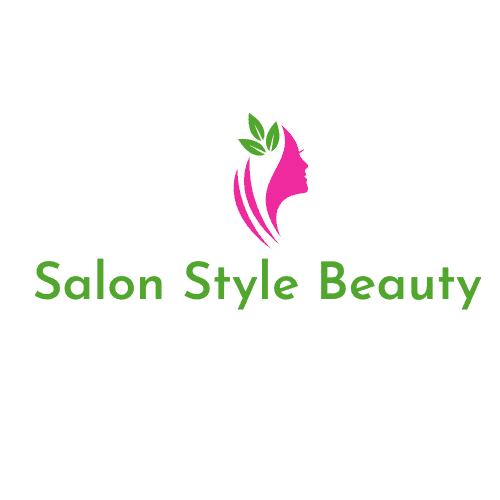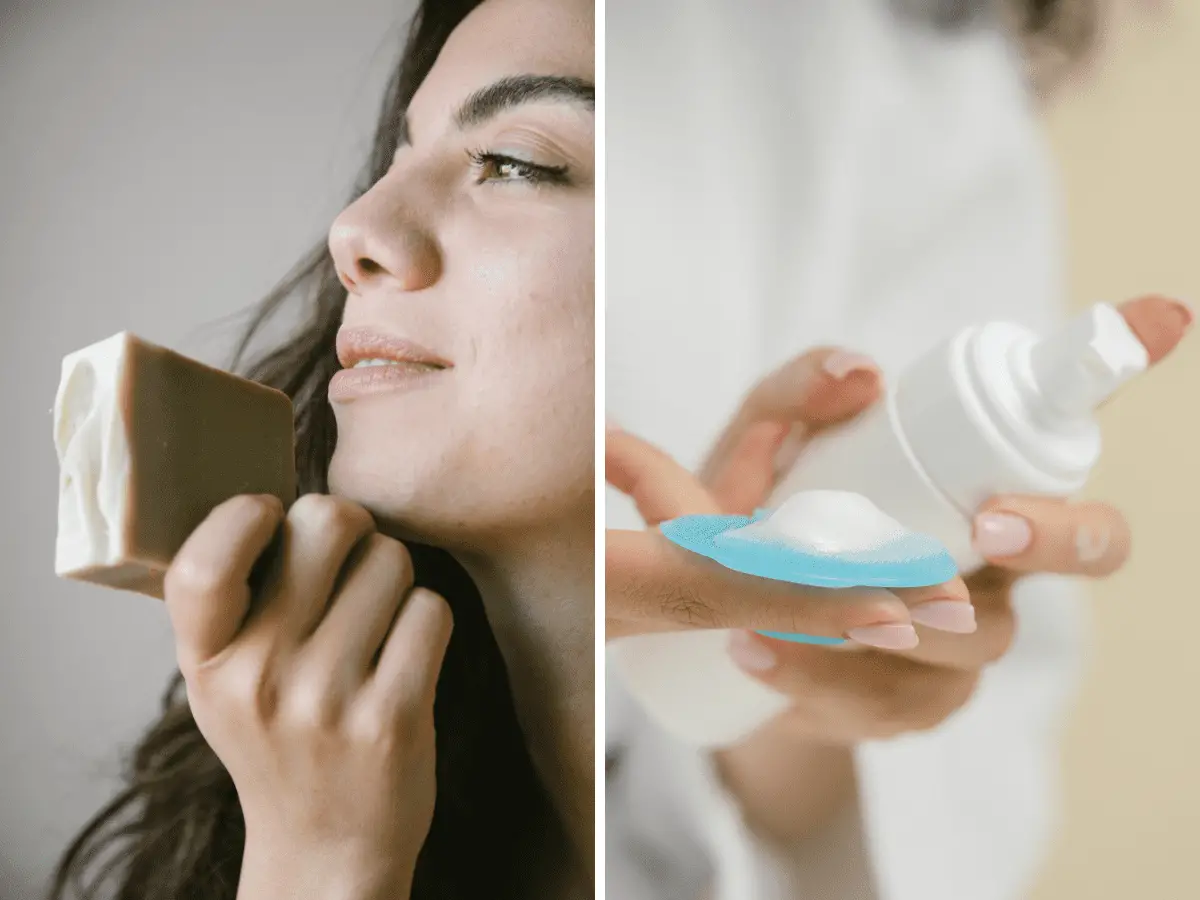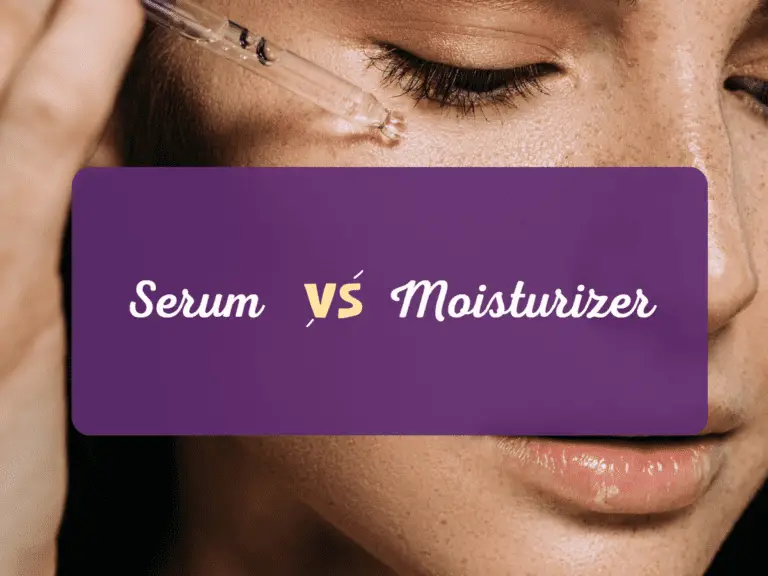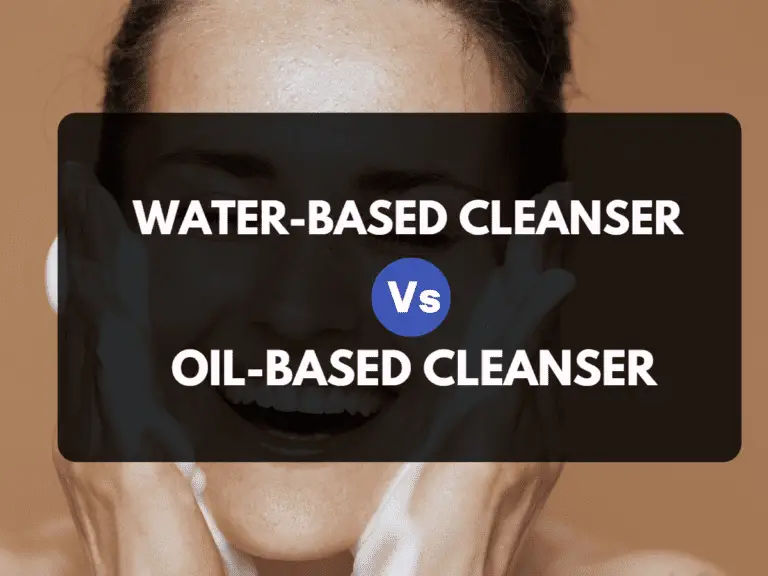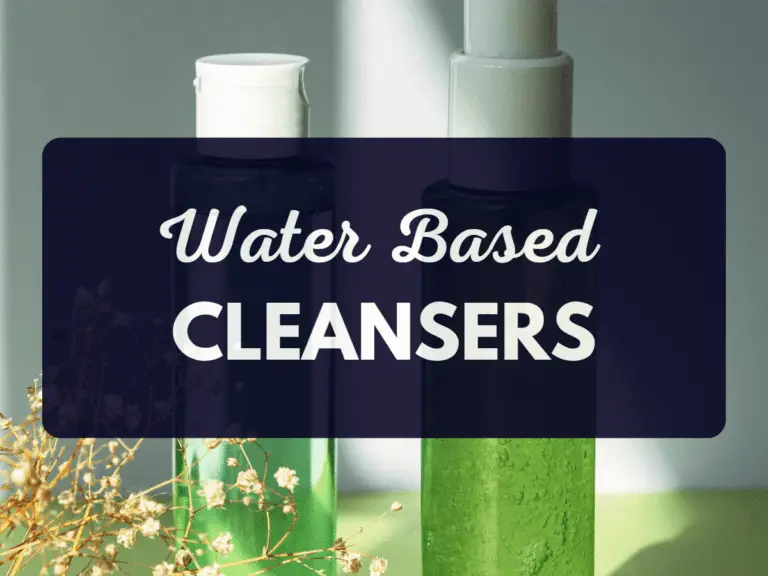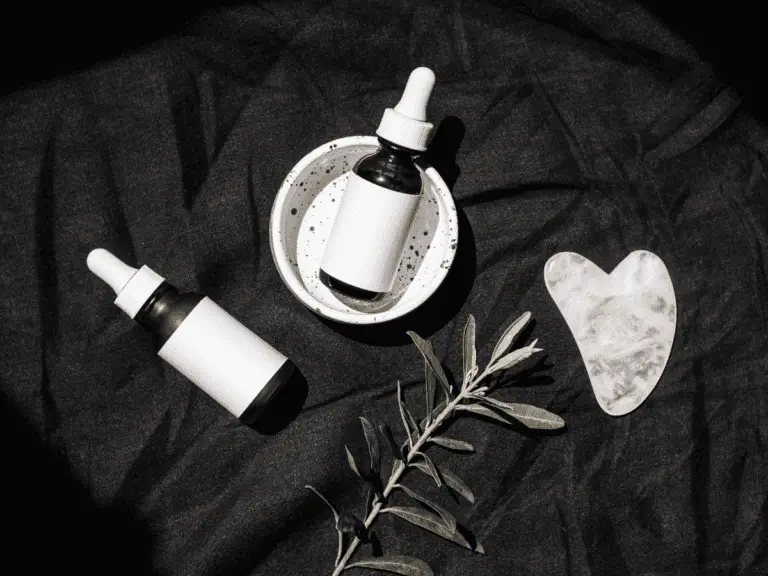The skin on your face is one of the body’s most sensitive parts. It needs a lot of care and attention to keep it clean and healthy.
Washing your face has been a daily ritual for many people. However, there are a few key differences between soap and face wash. And, it’s important to know which is best for your skin type.
What’s the difference between soaps and face washes? Which is best for washing your face? Soap or Face wash?
Let’s find out!
What is a soap?
A soap is a cleansing agent usually made from fat and lye. Soaps are typically used with water to remove dirt, grease, and other soil from the body.
Most commercial soaps contain synthetic surfactants, which are more efficient than natural surfactants at removing dirt and oil.
There are different types of soaps on the market, but they all work by breaking up the oils that bind dirt and soil to the skin.
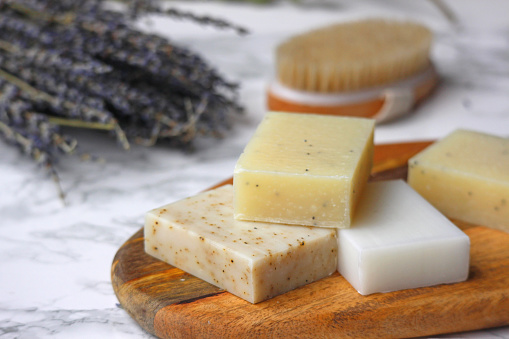
The Pros and Cons of a bar soap
Pros:
- Soap can kill bacteria and viruses
- It can remove dirt, grease, and other substances
- It is inexpensive and easy to find
- It is gentle and can be used on all skin types
- It can be used to clean surfaces
Cons:
- Soap can dry out and irritate your skin
- It can leave a residue behind
- If people are allergic to soap
What is a Face Wash?
A face wash is a cleansing product that is used to remove dirt, oil, makeup, and other impurities from your face. Face washes typically come in the form of gel, cream, or foam.
Face washes are typically used once/twice daily and can be part of a daily facial cleansing routine.
Face washes vary in ingredients but usually contain surfactants, molecules that can break down oil and water.
Most face washes also contain emollients, which are substances that can soften and moisturize the skin. Some face washes also contain exfoliants, which can remove dead skin cells from the skin’s surface.
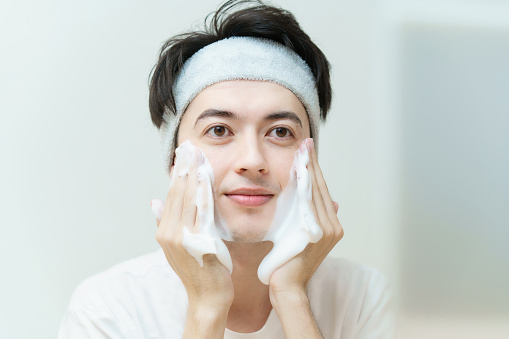
Why is a Face Wash Important?
A face wash is an important step of a skincare routine as it helps to remove dirt, oil, and impurities from the skin. Face washes also help unclog pores and prevent bacteria build-up, which can lead to breakouts. Regular face wash can help keep the skin clear, radiant, and healthy.
How Does Face Wash Work?
When it comes to face wash, we all know the basics:
- Cleanse your face with warm water.
- Massage the product into your skin.
- Rinse away.
But have you ever wondered how face wash actually works?
The face wash is designed to remove dirt, oil, and makeup from your skin. Applying and masking the face wash into your skin helps to loosen up dirt and makeup.
So there you have it! That’s how to face wash works to cleanse your skin.
Pros and Cons of Face wash
Pros:
- Can remove makeup
- Cleanses the face
- It can help clear acne
- It makes skin feel refreshed
- Easy to use
Cons:
- Can dry out the skin
- some contain harsh chemicals
- It Might irritate the skin
- Can cause breakouts
What’s the difference between a soap and a face wash?
Soap is designed to cleanse the body, whereas face wash is designed specifically for the face. Soap can be harsh and drying, especially on delicate facial skin. The face wash is typically gentler and more hydrating. Choosing a face wash that’s right for your skin type is important. Otherwise, you could end up with dry, irritated skin.
What is the difference between regular hand soaps and those fancy facial cleanser soaps?
We all know that soap is soap, right? WRONG! There are two different types of soaps on the market today: regular hand soap and those fancy facial cleanser soaps. But what’s the difference?
Regular hand soap is effective for cleaning dirt and grime from your hands. However, it does not kill bacteria. That’s where antibacterial soap comes in. Antibacterial soap contains ingredients that kill bad bacteria on contact.
So, which type of soap should you use? The answer depends on your needs. Regular hand soap will do the job if you’re just looking to clean your hands. But if you’re also looking to kill bacteria, you’ll need to use antibacterial soap.
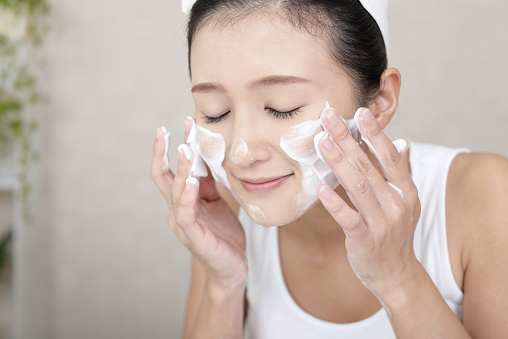
How to Choose a Face Wash?
When it comes to face wash, there are hundreds of options on the market. How do you know which one is right for your skin? It may seem daunting, but choosing the right face wash can be easy if you know what to look for.
Remember a few things while choosing a face wash:
Different skin types and which face wash works best for each.
First, determine your skin type. Do you have oily skin? Dry skin? Sensitive skin? Normal skin? Combination skin? Knowing your skin type will let you narrow down your choices.
Considerations beyond skin type: allergies and sensitivity
Choosing a face wash can be overwhelming with all the different market options. How do you know which one is right for you? It’s necessary to consider more than just your skin type when choosing a face wash. Allergies and sensitivities can play a role in what type of face wash is right for you.
If you have any type of skin allergy or sensitivity, you should choose a hypoallergenic face wash. These are formulated to be gentle on the skin and won’t irritate. You must avoid harsh ingredients that could damage your skin barrier. Look for face washes that are free of fragrances, dyes, and sulfates.
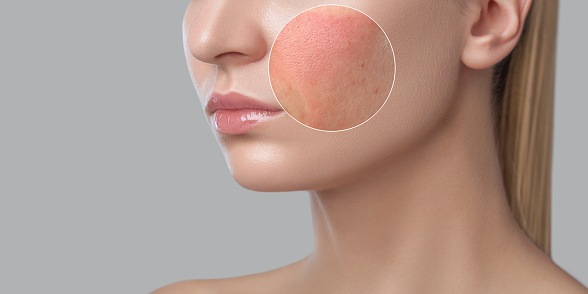
Consider the PH level of the skin.
Washing your face is important to any skincare routine, but finding the right face wash can be tricky. You want to find a product that will clean your skin without stripping it of its natural oils. The pH level of your skin is a good place to start when choosing a face wash.
The pH level is a measuring scale of how acidic or alkaline your skin is. The pH scale goes from 0 to 14, with 0 being the most acidic and 14 being the most alkaline. The pH level of your skin is around 4.5, which means it is on the slightly acidic side.
When looking for a face wash, you want to find one with a similar pH level to your skin. This will help to ensure that your skin’s natural barrier is not disrupted. It is also important to avoid face washes with a pH level of less than 5. It can make your skin dry and irritated.
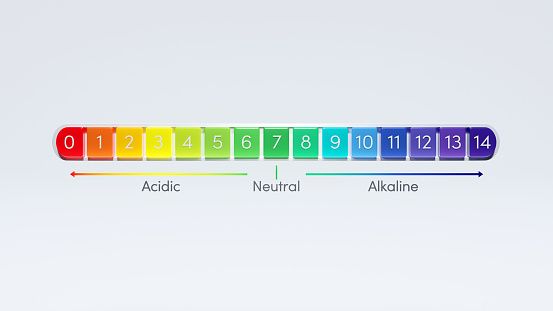
In addition to choosing a product with the right pH level, you want to ensure it contains gentle ingredients for your skin.
Ingredients to look for (and avoid)
Once you know your skin type, look at the ingredients list on each face wash option. Choose a face wash that contains ingredients that are beneficial for your specific skin type. Look for a face wash containing ingredients like aloe vera, chamomile, glycerin, and vitamin E. These natural moisturizers will help keep your skin soft and smooth.
For oily skin, look for a face wash that contains salicylic acid or benzoyl peroxide. These ingredients will help control oil and keep your skin looking matte.
For dry skin, select a face wash that is gentle and hydrating. Avoid face washes with alcohol, which can strip away natural oils and worsen dryness.
For sensitive skin, look for a hypoallergenic face wash free of fragrances, dyes, and other potential irritants. Look for soothing natural ingredients.
For combination skin, look for a face wash that helps keep oily areas under control while still hydrating dry areas. You should look for ingredients that help control oil production and minimize the appearance of pores.
Consider the Price and your budget.
Face wash prices can vary widely depending on where you buy them. From drugstore brands to luxury brands, there are plenty of options out there. Don’t be afraid to shop around or try a high-end brand if you have the budget. You might find that a pricier face wash works best for your skin.
Consider the Formulation
Face washes fall into two main categories: gel and cream. The gel face wash is water-based, while the cream face wash is oil-based. Both are effective for removing makeup and grime from your skin, but you may prefer anyone based on your skin type.
For example, If you have dry skin, oil-based face washes are better for you. If you have oily skin, the gel is a better option.
Can washing your face too much cause pimples?
Washing your face is necessary to keep your skin clean and free of dirt and oil buildup. However, washing your face too much can cause more problems than it solves.
Overwashing can strip your skin of its natural oils, leading to dryness, irritation, and redness. It can also worsen your skin conditions, such as acne, eczema, and rosacea. And if you’re using harsh cleansers or scrubs, you could be doing even more damage to your delicate facial skin.
How Often Should You Wash Your Face?
Assuming you’re talking about a health and beauty routine:
Most dermatologists will tell you that washing your face twice daily is optimal. Once in the morning, remove any oils that have built up overnight. Once at night, remove makeup and other impurities accumulated throughout the day. However, some people find their skin too dry if they wash it twice a day, so they may only need to wash it once. Others find their skin too oily, so they may need to wash it 3-4 times a day. Ultimately, listening to your skin and doing what works best for you is important.
If you have dry skin:
Washing your face more than 2 times daily can actually make your skin drier by stripping it of its natural oils. So if you have dry skin, stick to washing your face once a day, either in the morning or at night. You must also ensure to use a gentle cleanser and follow up with a moisturizer.
If you have oily skin: If you have oily skin, you may find that washing your face 3 times a day works best. But avoid over-cleansing.
If you have combination, acne-prone, or sensitive skin, don’t wash your face more than twice a day, and choose the right face wash for your skin concerns.
Soap or face wash: Which one is best for your skin?
Regarding soap vs. face wash, which is best for your skin? The answer may surprise you.
Though soap has been the go-to cleanser for generations, the face wash is a better choice for your skin. Soap can be harsh and drying, stripping away natural oils that keep your skin healthy. Face wash, on the other hand, is designed to be gentle and won’t leave your skin feeling dry or tight.
The face wash is definitely the way to go if you have sensitive skin. But even if you don’t have sensitive skin, the face wash is still better than soap. That’s because face wash contains ingredients that help to nourish and protect your skin, while soap does not.
So when it comes down to it, the face wash is the best choice for all skin types.
Bottom Line
Is face wash better than soap?
Yes, face wash is better than soap. Soap can be harsh and dry on the skin, while face wash is designed to be gentle. The face wash also contains ingredients that can help to hydrate and nourish the skin, while soap does not.
In addition, face wash can help to remove dirt, makeup, and other impurities from the skin, while soap may not be as effective.
So ditch the soap and switch to face wash today!
frequently Asked Questions
Are Face Wash And Cleanser The Same?
The short answer is no. Face wash and cleanser are different. Although both products are used to cleanse the skin, they have different purposes and ingredients.
The face wash is typically used to remove dirt, oil, and makeup from the skin. It usually has a gel or foamy consistency and can be applied with water. Whereas cleansers are designed to deep clean the skin by removing impurities that can cause breakouts. Cleansers often contain active ingredients like glycolic acid or salicylic acid.
Does Face Wash actually work?
Face wash can be beneficial if you are using it to remove dirt, oil, and makeup from your face. It can also help to exfoliate your skin and unclog pores.
However, the face wash will not make your skin any healthier. In fact, some experts believe that over-washing your face can strip away healthy oils and lead to dryness or irritation.
Can I use soap and cleanser on my face at the same time?
No, you should not use soap and cleanser on your face at the same time.
Soap is designed to remove dirt and oil from your skin, while cleanser is designed to cleanse your skin of impurities.
Using both products together can strip your skin of its natural oils, leaving it feeling dry and irritated.
Can you use antibacterial soap on your face for acne?
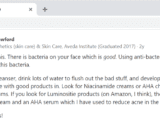
There are many myths and misconceptions about skincare. One of the most common is whether or not antibacterial soap can help acne.
The short answer is no. You should not use antibacterial soap on your face for acne.
Antibacterial soap is not good for your skin because it can strip away the natural oils that your skin needs to stay healthy.
It can lead to dryness, irritation, and even inflammation.
In addition, antibacterial soap can also kill off the good bacteria that live on your skin, which can throw off your skin’s natural balance and make you more susceptible to breakouts.
If you’re looking for a gentle cleanser to help keep your acne under control, try using a mild facial cleanser or an acne-specific product.
Why do you need to wash your face every day?
Washing your face every day is important for many reasons.
First, washing your face removes dirt, oil, and pollution from the day that can build up on your skin.
Second, it helps to clear your pores and prevents them from becoming clogged.
Third, it helps regulate your skin’s natural oils and keeps it looking healthy.
Lastly, it provides a refreshing feeling that can help wake you up in the morning or calm you down at night. So make sure to add facial cleansing to your daily routine!
